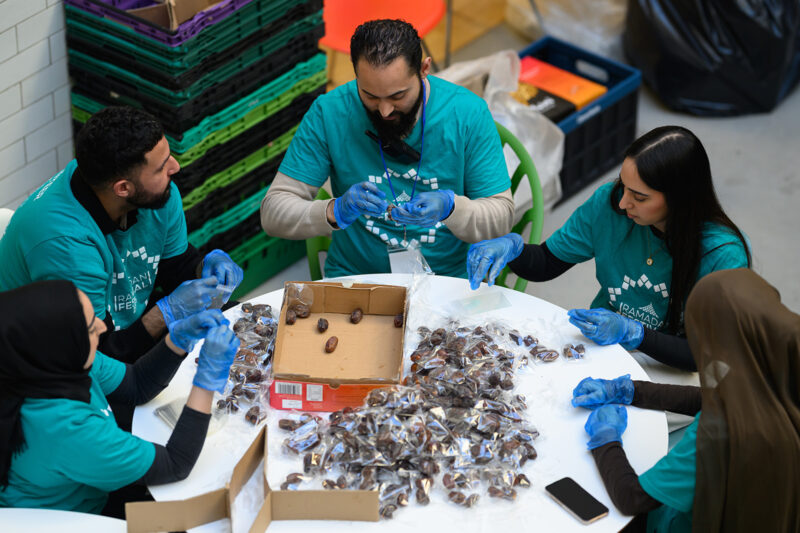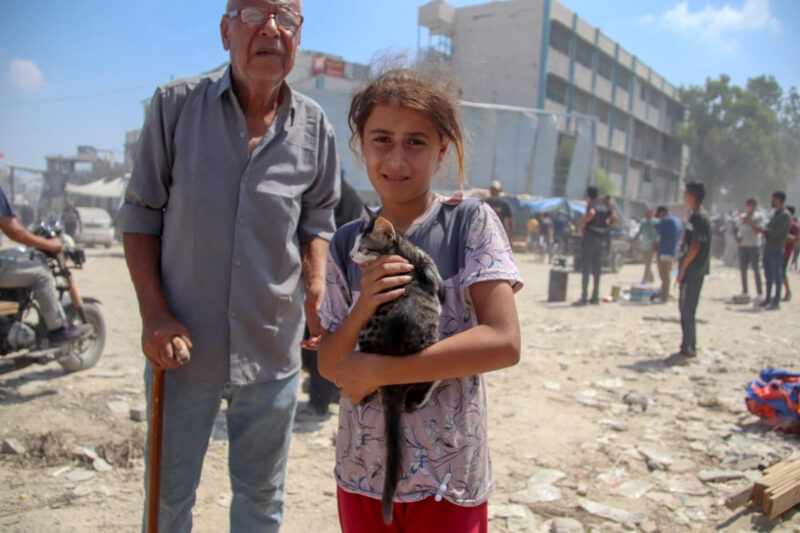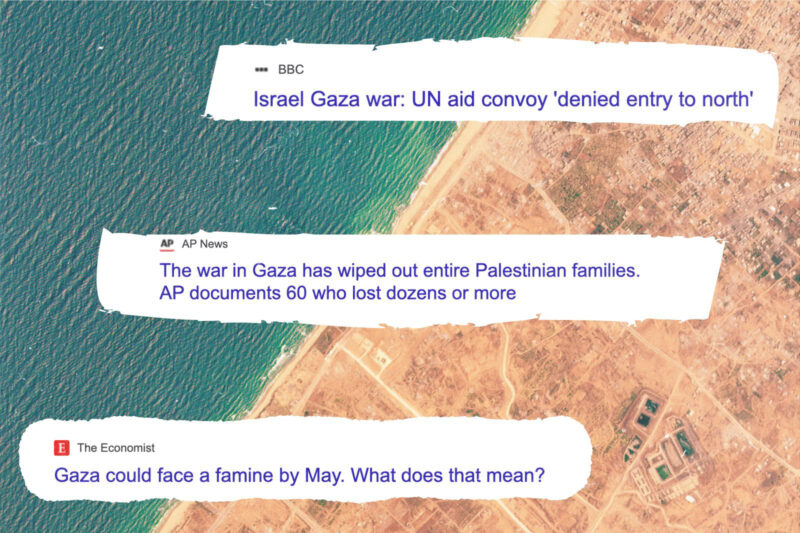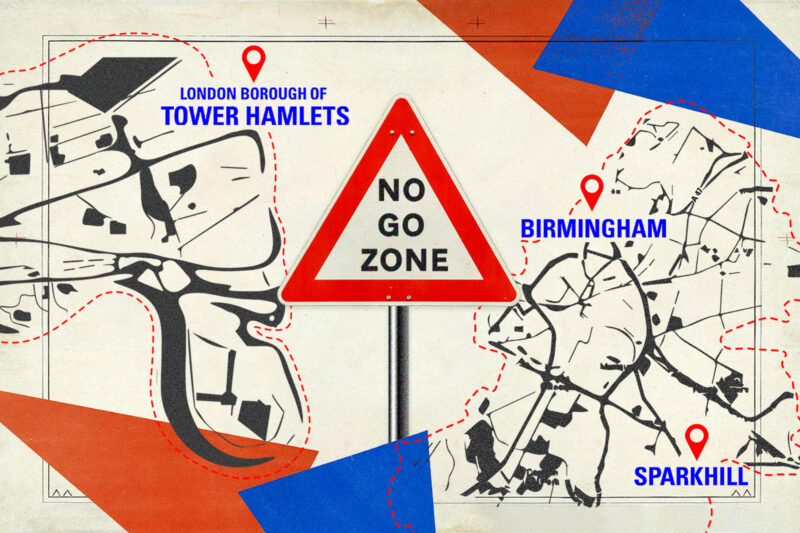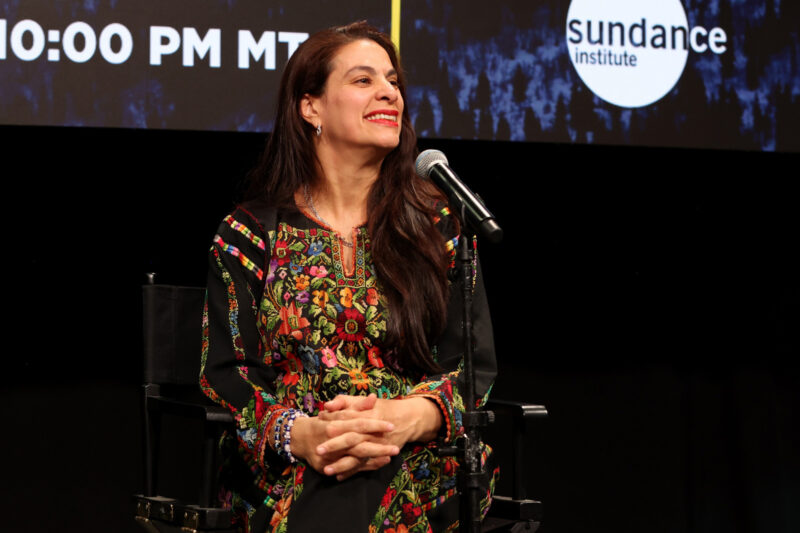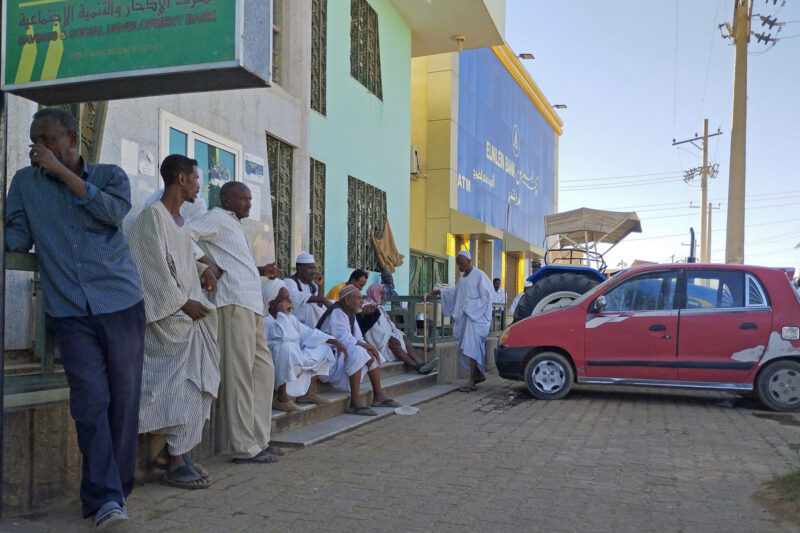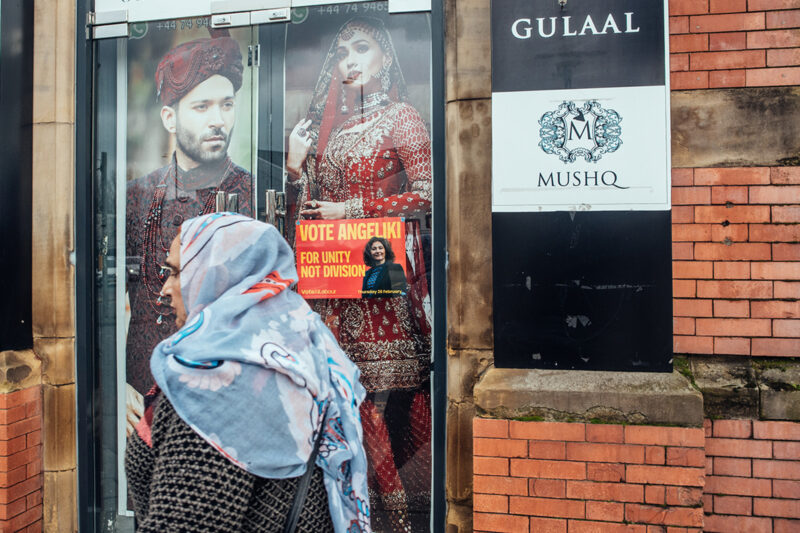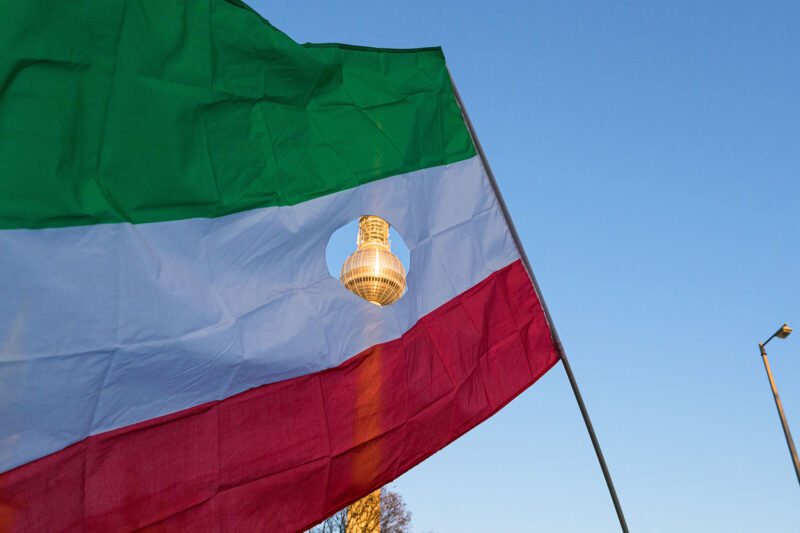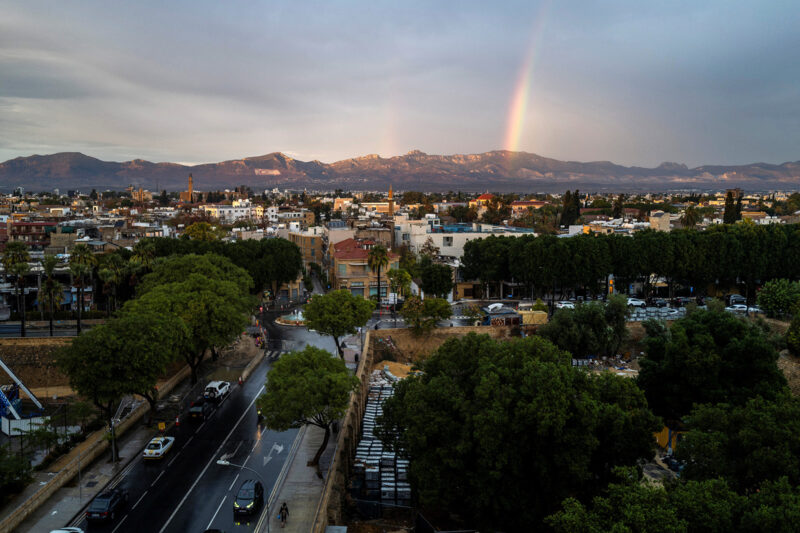Community groups remind the world about Sudan’s forgotten war
Overshadowed by other international conflicts, an ongoing humanitarian disaster has been widely neglected by western governments and media outlets
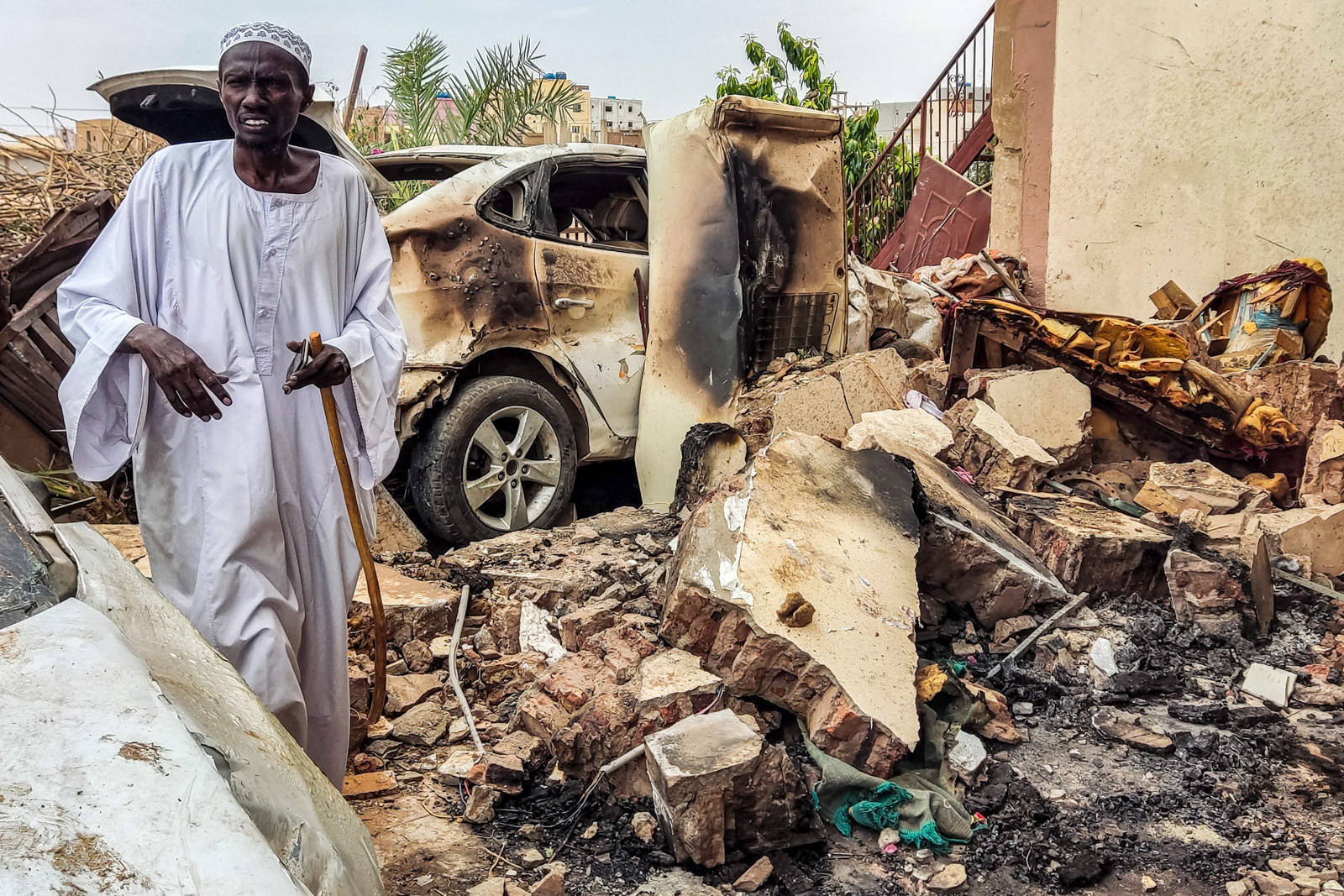
When news of fighting in Sudan first broke on 15 April 2023, Ahamed Amin, 29, was immediately consumed with fear for his family in Khartoum. Violent clashes had erupted on the streets of the nation’s capital amid a power struggle between two rival factions of the nation’s military government. On one side, the Sudanese Armed Forces (SAF), loyal to the country’s de facto ruler, General Abdel Fattah al-Burhan. On the other, the paramilitary Rapid Support Forces (RSF), led by the former warlord General Mohamed Hamdan Dagalo.
As the country became engulfed by a war that has, to date, left more than eight million people displaced and an estimated 14,000 people dead, Amin’s family fled Khartoum. Some of his cousins successfully crossed into neighbouring Egypt, while others travelled on foot to Al Jazirah, a region south of the capital. The RSF took control of the area in December and since then reports of violence, looting, abduction and rape have spread.
Throughout the conflict, Amin has found communicating with loved ones difficult owing to mobile network and internet shutdowns across the country.
“Not being able to get regular updates from family has been very stressful,” says Amin. “It’s all been very overwhelming. We’ve all become used to watching war at some point in our lives, but it’s different when your own family is directly affected.”
A year later, the war in Sudan has been described as the world’s worst humanitarian crisis. Despite its devastating effects, western media and governments have been criticised for lack of coverage and providing less aid than for other conflict zones, such as Ukraine and Gaza.
“The media coverage has been awful, but I didn’t expect much from western institutions. It’s alarming how many people don’t know what’s happening in Sudan,” says Amin. “Not platforming the issue and not platforming voices from the diaspora is dehumanising. I feel voiceless.”
Maddy Crowther, co-executive director of Waging Peace, a charity supporting Sudanese refugees in the UK, shares Amin’s feelings. “The media coverage of Sudan has been far too low,” she says.
Between 25 April and 3 May, 2,450 people were evacuated from Sudan to the UK on 30 planes. At the start of the war, much of the news from Sudan focused on those flights, with Waging Peace contributing to some reports.
“The evacuations from Sudan brought lots of media attention and the press wanted to talk to us. We put them in touch with people who did want to share their story, but as soon as the last flight left, interest just plummeted,” Crowther says.
Over the past year, Crowther and her team have supported Sudanese people in the UK with relatives trapped in the war, from young asylum seekers who have had no word from family since they left to those who are already settled here.
“All some want is to hear that their family is safe,” says Crowther, adding that others are “trying to make money here in any way they can for relatives to get the appropriate visas and travel”.
Frustration over the lack of attention being given to the war has led a growing number of people within the UK Sudanese community to take matters into their own hands. Social media pages such as Sudan Updates and groups such as London for Sudan have become hubs of information where marches and awareness-raising campaigns are organised.
Local community groups have also stepped up. Mohammed Elfatih Elnaiem, vice-chair of the Sudanese Community and Information Centre in London, and his colleagues have worked with the Red Cross to provide new arrivals from Sudan with legal advice and support as they settle in London.
Now, Elnaiem is campaigning on behalf of British-Sudanese people attending university in Sudan, asking the government to accept them as transfer students, so they don’t have to start their courses again and are not charged the higher fees usually applied to students who have been out of the country for three years or more. He wrote to the Home Office in November 2023, but is still waiting for a response.
Despite the work being carried out by organisations such as Elnaiem’s, he believes the conflict is having serious effects on community relationships within the UK.
“As the war continues, more divisions are being created within our community, based on who is supporting which side,” he says. “Morale is at its lowest now.”
Amin, however, remains hopeful for the future of Sudan and longs for the day when he will be able to return to the places he loved to visit as a child.
“I want that essence of what Sudan is as a country to return,” he says. “I want that feeling of community that I used to experience there. I want the country’s peaceful, caring, loving and religious nature to return. That’s all disappeared as a result of greed and violence. I just want that serenity and for people to be able to call Sudan home again.”
 Newsletter
Newsletter


